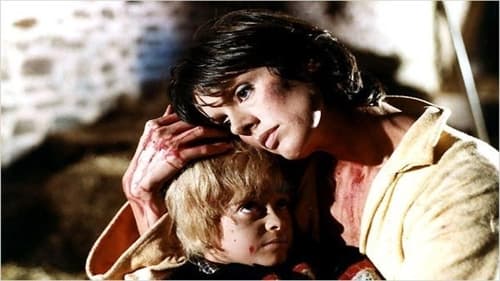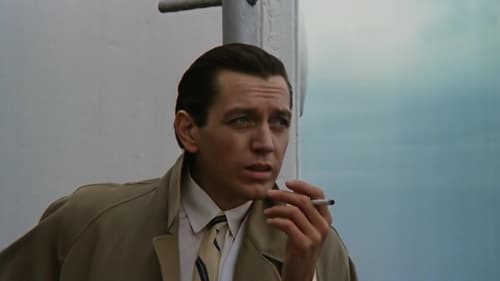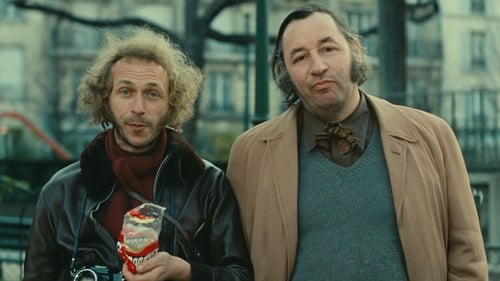
Mme Ernest
An adaptation of Les A.M.I. du Tassili by the Algerian Akli Tadjer about Algerian immigration in France.

Dr. Paul Calmet is dead. His son Jean again feels the familiar feeling of anguish caused by his father; victim of this torture, he is carrying the virus of misfortune.

Library lady
After serving his sentence, a robber returns to his small, quiet hometown to retrieve the loot. But a ruthless Police inspector and his equally nasty young subordinate are after the criminal.

Madame Cotier
An epidemic of appliance madness unrelated to discount sales strikes an island off the coast of France: the islanders are being murderously attacked by ovens and refrigerators acquired in the same department store. Enter the young Dr. Gabrielle Martin (Anny Duperey), who arrives here to escape her own personal tragedy and instead lands in the middle of the kitchen mania. She tracks down the cause of the rapidly spreading epidemic to another doctor on the island — quite as insane as any of the kitchen appliances (if the comparison could be made) — and finds that the villainous doctor and the appliances have a most unusual link. Graphic scenes of mutilation by an oven, as one example, leave nothing much to the imagination in this film, but the interpretations of actors Anny Duperey and Jean-Claude Brialy as the good and evil doctors are excellent.

Miss Henry
Set amid the European community in an unspecified North African country, a colony on the verge of nationalism just before the war. And colonized is what happens to a French diplomat, Julien Rochelle, when he meets the mysterious beauty Clothilde de Watteville. Schmid 's favorite axiom, that love is projection, never had such a thorough airing. Is Clothilde really the wife of a French official now holed up in Siberia? Or is she Hecate, goddess of black magic and devourer of the Arab boys she meets far from the European quarter? Only our projections know for sure; for the rest, she is a "woman looking out into the night." Drawn from a novel by Paul Morand, who based the main character on his wife Helene, Schmid's film achieves an atmosphere of magic in which psychological credibility is not so much absent as irrelevant-a film that distances itself from the drama it invokes, perhaps as the elusive Clothilde turns her back on the madness she provokes.

Mamie, la mère
Joseph Galloudec seven years, lives in the eighteenth floor of a building in the Paris suburbs, between his mother Julia and her father Jean-Claude, a computer engineer and communist militant. His parents experiencing marital problems and his mother soon to give birth, he left for the summer holidays with his grandparents and three uncles, turbulent triplets. He discovers the castles of the Loire, Brittany and England. Upon his return, he met his sister Elisa, but her parents and tear her mother eventually left the home.

La femme du forgeron
In the summer of 1939, 13-year-old Marie goes with her parents to visit her grandparents in a small town near Avignon. Marie discovers her femininity and falls for a young Jewish doctor, but he prefers Eva, Marie's mother.

La femme de l'homme chauve
Malisard is a reporter at "Soir de Paris", his colleague Prévot is a photographer. Together, they roam the streets of Paris.

La prostituée






